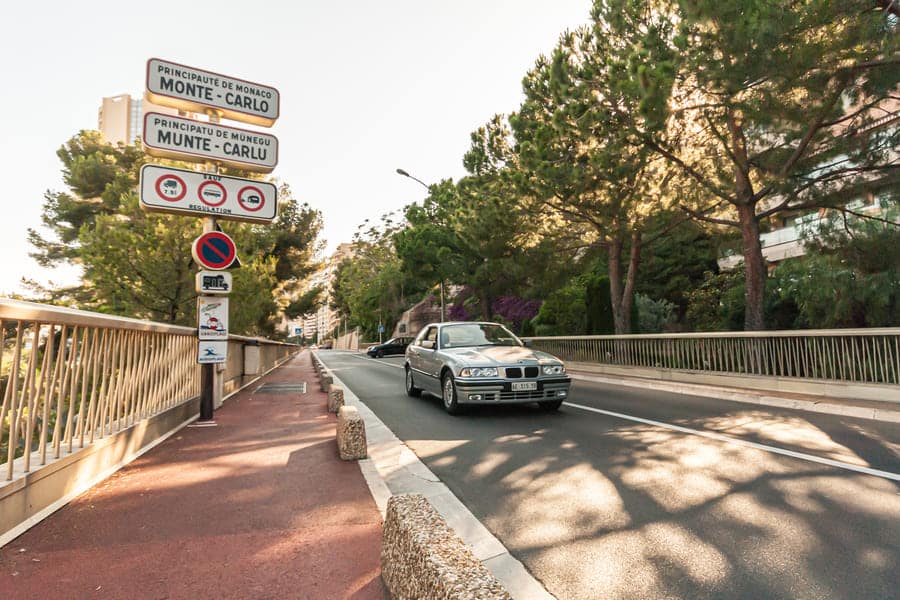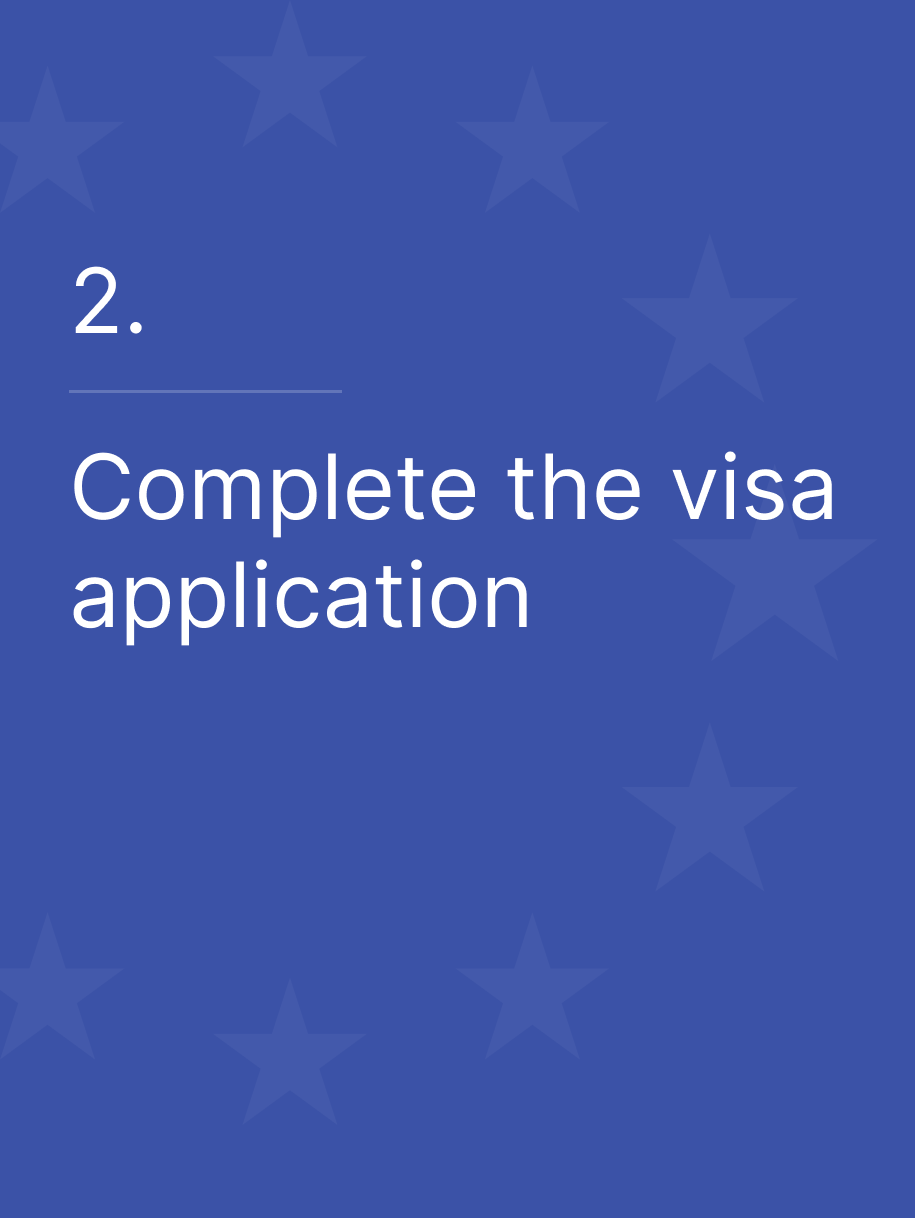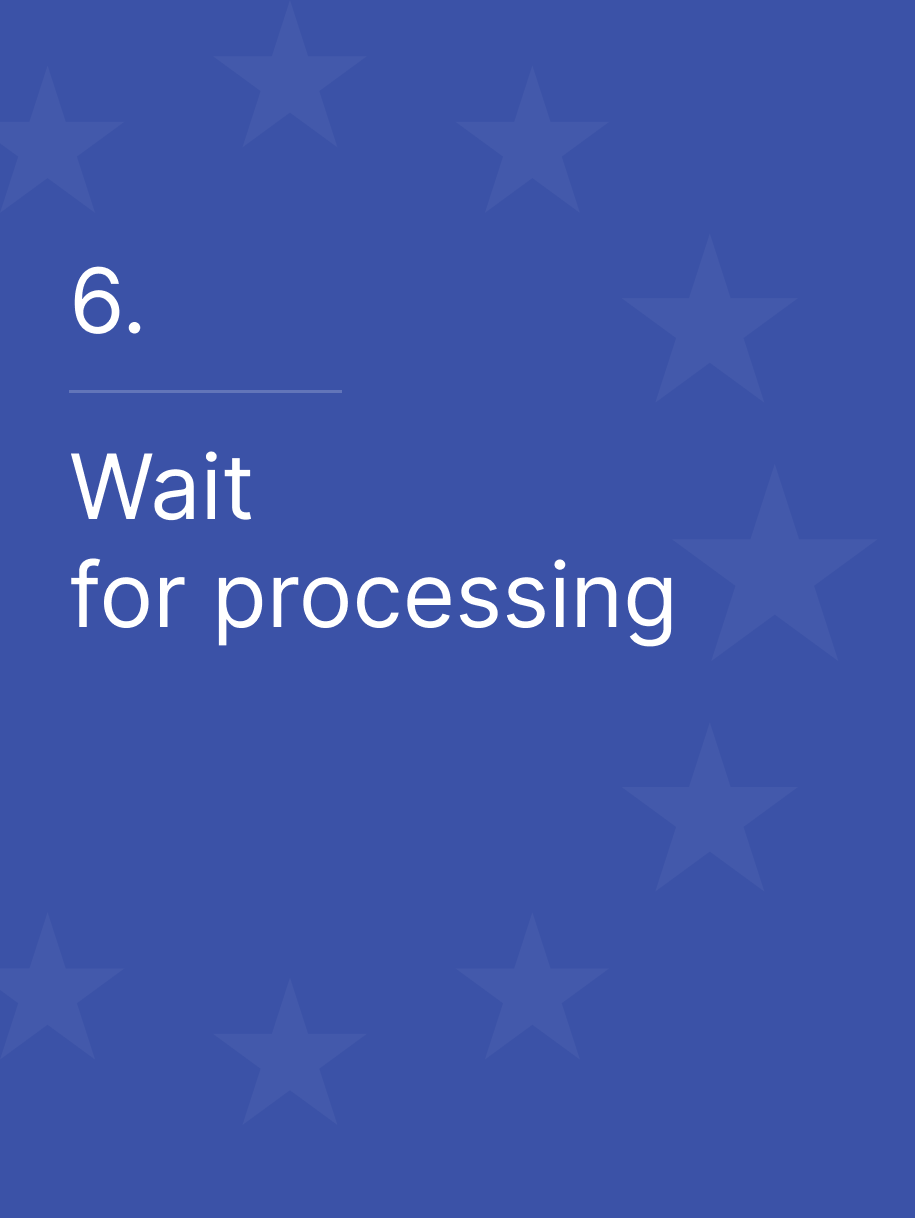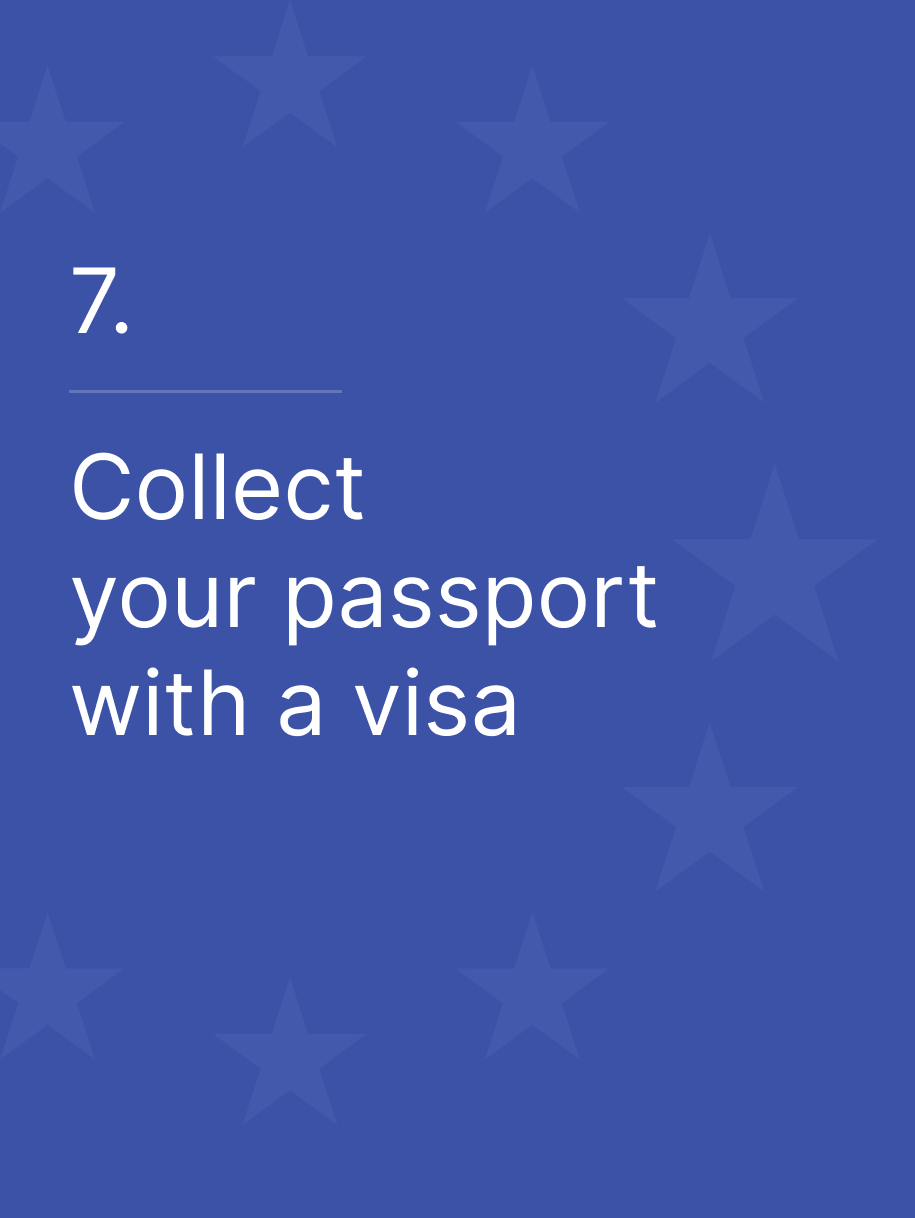Содержание Show
More than 7 million people visit Monaco each year. Although Monaco is not officially a Schengen state, the most common way to enter the country is to obtain a Schengen visa.
Monaco is one of the smallest countries in the world and does not have its own visa system. In this article, you will find out where and how to apply for the Monaco Schengen visa, who needs to acquire it, and what documents to prepare in each particular situation.
Why you can enter Monaco with a Schengen visa
Monaco is located on the Mediterranean Sea and is bordered by France from the north, east, and west. Though Monaco is not an official member of the Schengen Area, EU, or EEA, you need to obtain a Schengen visa to enter the country.
Monaco maintains open borders with the 27 states of the Schengen Area due to the Neighbourhood agreement with France. According to the agreement, citizens of France and Monaco can move freely in each other’s territory. At the same time, Monaco has to regulate the entry, stay, and establishment of foreign nationals in accordance with French legislation.
As Monaco does not have its own visa policies, visa submission and processing are delegated to French embassies or consulates. That’s why a Schengen visa or any other French visa entitles you to enter Monaco.
Who needs a visa to travel to Monaco?
A Schengen visa to Monaco is required for most non-European nationals from countries that are not part of the Schengen Area, the European Union (EU), or the European Economic Area (EEA).
An entry visa to Monaco is not required for:
- citizens and residents of countries within the Schengen Area;
- nationals with biometric passports from non-EU countries with a visa-free agreement, such as Australia, Canada, the United States, Brazil, Mexico, Paraguay, South Korea, and Japan;
- passport holders from Hong Kong and Macao;
- holders of a valid residence document in France.
Note that even if you do not need to obtain a Schengen visa, you still have to prove the purpose of your visit and your means of subsistence during border controls. Also, your total stay in the Schengen Area and Monaco cannot exceed 90 days within 6 months.
What type of Monaco visa to apply for
For staying in Monaco for up to 90 days, a type C or short-term visa is required. Depending on the purpose of the travel, the short-term Schengen visa can allow entering Monaco once, twice, or multiple times.
Single-entry visas are typically issued only for the days of the trip. Multiple-entry visas can be valid for up to 5 years. However, even with a 5-year type C visa, your stay in Monaco or other Schengen states must not exceed 3 months in 180 consecutive days.
You should obtain a short-term visa if you travel:
- as a tourist;
- to visit family or friends who are residents of Monaco;
- to attend business meetings and cultural, religious, or sports events;
- for medical treatment;
- for short-term studies or training.
To reside in Monaco for more than 90 days, you need to apply for a type D or long-term visa. It allows you to work, study, or travel for business within a year. A single entry long-term visa is usually granted to foreigners who reside in Monaco for a sole purpose. They are supposed to leave the country after fulfilling that purpose.
With a multi-entry type D visa, you can travel in and out of Monaco and throughout the whole Schengen Area without additional visa requirements. A multi-entry national visa can be granted for:
- international students;
- teachers at a higher institution or research centre;
- professionals travelling to their expertise;
- people in emergencies who cannot leave the Schengen Area at the designated time frame because of a medical condition.
Monaco visa fees
When applying for a Monaco visa, you must cover the administrative costs for the application processing. The visa fee is non-refundable and is mainly determined by the applicant’s age and nationality. A reduced rate is available for children aged 6—12.
Under a facilitation agreement, nationals with biometric passports from Armenia, Azerbaijan, and Belarus pay visa fees at a fixed rate of €35.
The same reduced rate applies to holders of non-biometric passports from Albania, Bosnia and Herzegovina, Georgia, North Macedonia, Moldova, Montenegro, and Ukraine. Citizens of these countries with biometric passports visit Schengen countries without visas.
Monaco Schengen visa fees
| Applicants | Cost |
| Adults | €80 |
| Children aged 6—12 | €40 |
| Children under 6 | Free |
| Nationals from countries with a facilitation agreement | €35 |
Certain categories of applicants are exempt from paying the visa fees:
- children under the age of 6;
- the EU or EEA nationals and their family members;
- researchers;
- students and accompanying teachers on a school trip;
- participants of seminars, conferences, cultural, educational, or sports events.
If an application is received by an external service provider, the company will charge the service fee. The amount may differ from one country to another, but it cannot exceed €40 per visa application.
You can appeal if your Schengen visa has been refused, annulled, or revoked. The appeal procedure fee is €160.
If you do not appeal but simply re-submit the documents, the visa fee must be paid again.
Where to apply for a Monaco visa
Since Monaco does not have its own visa system, you must submit your visa application to the French consulate or embassy in the country where you legally reside. In some countries, the processing is outsourced to certified service providers.
Note that you can apply for a short-stay visa to Monaco only from a country you are a citizen of or where you have a residence permit. You cannot apply from a country where you are on a visa.
France is responsible for processing your visa if:
- Monaco or France are the only countries you plan to visit;
- you will spend most days in Monaco and France when visiting several Schengen countries;
- you enter the Schengen Area through France or Monaco, in case you visit several countries and plan to stay in each for the same amount of time.
The application for a Schengen visa can be filed not earlier than 6 months and not later than 15 calendar days before your planned trip to Monaco. Applying at least 2 months before the departure is recommended so that you have enough time if the consulate needs more days to process your application.

Documents required for a Schengen visa to Monaco
When applying for a Schengen visa to Monaco, you must submit certain documents. The list below is a general guideline. Depending on the visa type and your entry purpose, extra documents may be required.
For any short-stay visa to Monaco, you need to provide:
- visa application form, properly completed with the correct information;
- two identical photos not older than 3 months;
- passport, valid for at least 3 months after the visa expiry date;
- previously issued passports if they contain visa stickers or visa stamps;
- proof of sufficient funds to cover your stay, like a bank statement from the last 6 months or a sponsorship letter;
- travel itinerary, including round-trip flight ticket reservations from your home country to the closest French airport to Monaco;
- travel insurance policy with a minimum coverage of €30,000;
- hotel booking or other proof of accommodation;
- fee payment receipt;
- cover letter, in which you explain why you wish to visit Monaco.
For a long-stay visa to Monaco, some additional documents are required:
- police record clearance;
- evidence that you have not been declared bankrupt;
- three recent passport-sized photos instead of two;
- proof of accommodation, such as a lease agreement or a property deed;
- bank statement certifying that you are able to live in Monaco without exercising any gainful activity.
All documents in languages other than French or English must be translated into French. Translated documents are to be legalised or certified with an apostille stamp.
Depending on your employment status, you may also need to provide the documents from the table below.
Additional documents based on the applicant’s employment status
| Employees | Employment contract; bank statement for the last 6 months; leave permission from your employer; income tax return |
| Self-employed | A copy of your business licence; company bank statement for the last 6 months; income tax return |
| Students | Proof of enrolment; no objection letter from your school or university |
| Retirees | Pension statement for the last 6 months |
If you travel with children under 18, you must also obtain a Schengen visa for them. As a parent or a legal guardian, be ready to accompany your under-age children to the consulate and collect extra documents:
- birth certificate for children under 16;
- biometrics for children of 12 and older;
- proof of parents’ regular income;
- visa application form signed by both parents;
- both parents’ notarized consent for the child’s departure if they travel alone or with another accompanying person;
- court order if only one parent has full custody of the child.
Minor children must be accompanied by parents or guardians while applying at the French embassy or consulate in their country of residence.
Holders of biometric passports from Armenia, Azerbaijan, and Belarus are eligible for a simplified visa procedure. They may need fewer supporting documents and have their visa applications processed faster. Also, they can obtain a multiple-entry visa with an extended validity.
Monaco visa requirements based on the travel purpose
The requirements will differ depending on the purpose of your trip to Monaco. In each case, you need to provide specific supporting documents in addition to the general documentation.
Tourist visits must not exceed 3 months. It does not entitle you to engage in any professional activity unless you are taking part in a working holiday programme. You need to provide the travel agency certificate, reservation of a return ticket or travel itinerary, and a hotel booking.
Business travel will require you to submit an invitation letter from a company in Monaco, proof of business relations with that company, a profile of the company where you work and your position there, and a letter from your employer that describes the travel purpose.
Work. If engaging in a paid activity, you need to have an employment contract between you and an employer of a Monegasque company signed by the Principality’s Employment Department.
Study. When travelling to Monaco for a course, training, or internship, you must provide documentary evidence relating to your educational stay — for example, a certificate of registration at the receiving institution in Monaco.
Medical treatment. In case you travel to Monaco for medical purposes, you should have a letter from a doctor in your home country stating that it is impossible to treat you there. Also, you need the certificate of the receiving health institution, proof of advanced payments, and your self-sworn statement promising to pay any unforeseen medical costs.
Visiting friends or family, submit an invitation letter written by a resident of Monaco, your host’s passport copy, and a travel itinerary. Spouses of French, Monegasque, or foreign nationals residing in Monaco must provide a marriage certificate.
Cultural, religious, or sports activities will require you to provide an invitation from the host organisation in Monaco, a letter of accreditation, and a supporting letter describing the event and details of your participation.
How to obtain a Monaco visa: a step-by-step process
The entire process of obtaining a Monaco Schengen visa can take around a month. Applicants may need up to 2 weeks to collect the necessary documents. The authorities also take up to 15 days to process the visa application.
-
Collect the required documents
Find out the visa type you need, depending on the duration and purpose of your stay. Once it is done, prepare all the necessary documents.
-
Complete the visa application
You can fill out the application form online on the France-Visas website. Before you start, prepare your passport, supporting documents, and 2 photos. It is also possible to download the form. Note that any errors may result in delays or rejection of the application.
-
Book an appointment
At this step, you need to schedule a meeting at your local French embassy or visa application centre to have your fingerprints and photo taken. It must be booked not earlier than 6 months and not later than 15 days before the planned departure.
-
Pay your visa fees
The Schengen visa fee is €80 for adults and children over 12. Children aged 6—12 are charged €40 for the application procedure. Visas for children under 6 are free of charge.
-
Submit the documents
Attend your scheduled appointment and bring the prepared documents there. The visa application process typically takes about 20 minutes at a visa centre. Be ready to answer questions about the details of your trip, fiscal standing, and connections with your homeland.
-
Wait for processing
You can track your visa application status online from the France-Visas website. The decision for a Schengen visa is usually made within 15 days. This period can be extended up to 45 days in particular cases if additional document verification is needed.
-
Collect your passport with a visa
If your application is approved, the visa sticker will be affixed to one of the passport pages. Check the accuracy of information such as name, surname, validity dates, and visit purpose. In some cases, the passport can be sent by postal services.
Reasons for Monaco visa rejection
The main reasons why a visa application can be refused are connected to the information and documents one provides to the consulate or embassy. For example, one’s passport condition does not meet the requirements, one has not submitted the necessary documents, or they have provided false information.
A visa interview can also lead to rejection if one does not attend their appointment on time, give inappropriate answers, or argue with the visa official. Even applicants’ appearance or excessive nervousness may affect the outcome.
If one’s visa application has been refused, they can contest the decision within 30 days by writing an appeal letter. It is also possible to re-apply for the same visa or apply for a visa to another Schengen country.
Key points about the Monaco Schengen visa
- Monaco is not an official Schengen state, but you need a Schengen visa to enter it as a third-country national. Monaco is able to maintain open borders with Schengen countries due to the Neighbourhood agreement with France.
- Since Monaco does not have its own visa system, the visa processing is delegated to France. To apply for a Schengen visa to Monaco, contact a French embassy or consulate in the country of your residence.
- A short-term Schengen visa allows you to stay in Monaco for up to 3 months within half a year. To reside in Monaco for more than 90 days, you should apply for a long-term visa.
- The standard Schengen visa fee for adults is €80. Children aged 6—12 are eligible for a reduced rate of €40. Children under 6 are exempt from paying the visa fees.
- Depending on your travel purpose and employment status, you need to provide specific supporting documents. Additional documents are also required if you travel with minor children.
Frequently Asked Questions
No, Monaco is not officially part of either the Schengen Area or the European Union. However, the country is considered a de facto member and maintains open borders with other Schengen states due to the Neighbourhood agreement with France.
Yes, you can. Since Monaco does not have its own visa policies, it follows the Schengen visa rules. To reach Monaco, you usually need to pass through another Schengen state, typically France.
You need a visa if you own a passport from a third country that has not signed a visa liberalisation agreement with the Schengen states. Citizens of the EU, EEA, Switzerland, or countries with a visa-free agreement can visit Monaco for up to 90 days without a visa.
Yes, you can enter Monaco with a Schengen visa or any other French visa. Monaco does not have its own visa services, so all its visa applications are processed through the embassy or consulate of France.
To obtain a short-stay visa for Monaco, you need to collect the required documents, fill out the application form, and file your visa application at the French embassy or consulate in your home country.
You can stay in Monaco for up to 90 days within 180 days with a short-term Schengen visa. A long-stay visa issued in France or by another Schengen country allows you to stay in Monaco for over 90 days within 1 year.
US nationals can visit Monaco without a visa because the USA has signed a visa-free agreement with the Schengen countries. However, their stay in Monaco cannot exceed 90 days within 180 days.
UK passport holders do not need a visa to stay in Monaco for up to 90 days. UK citizens are exempt from visa requirements when visiting France, so the same applies to Monaco.











